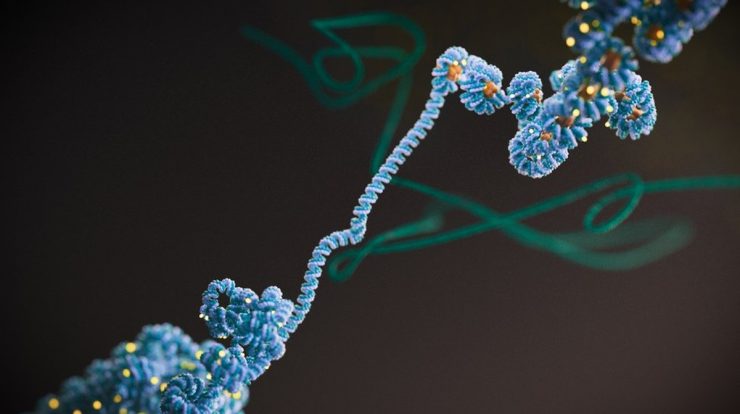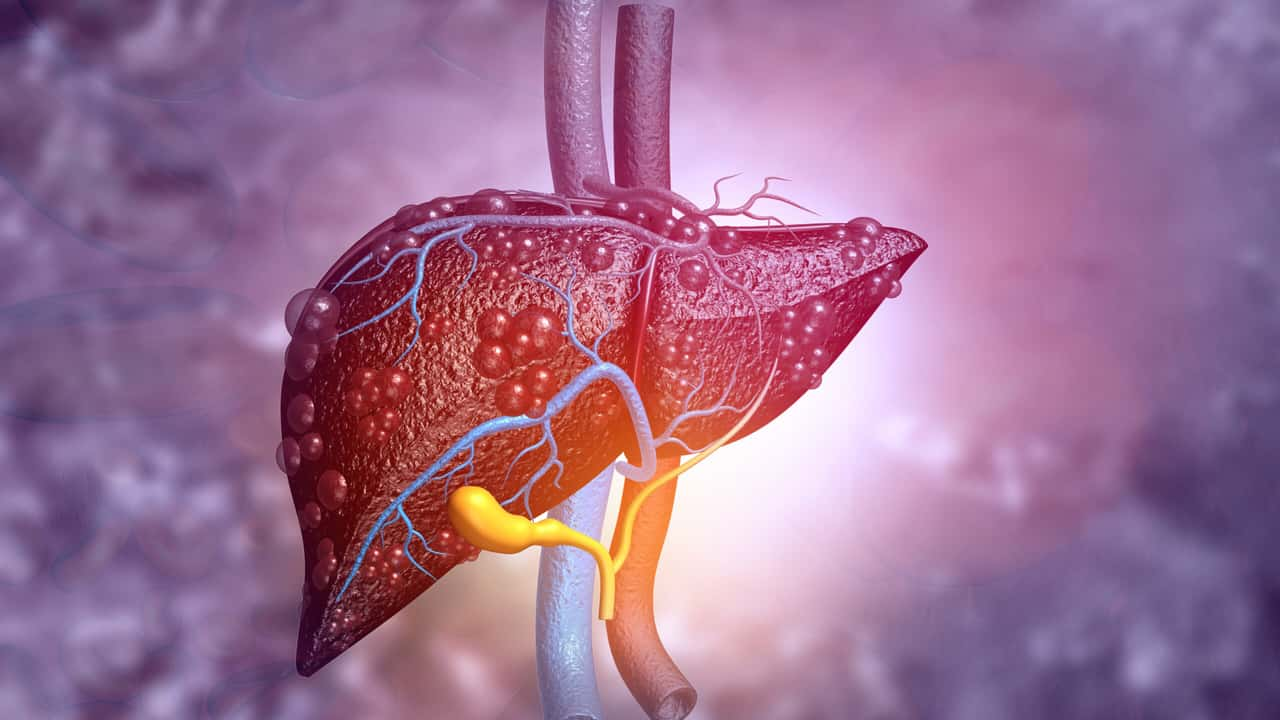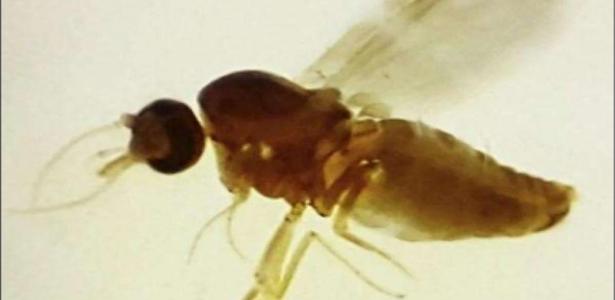
Scientists have revealed more details about the mysterious role of epigenetics – the study of how genes change and are affected by the environment – in how cancer develops.
A new research paper from Cancer Research UK suggests that this area of genetic knowledge, often referred to as ‘dark matter’, could change the way tumors are detected and treated.
Epigenetics can lead to new tests to diagnose disease or even customize the treatments that will be given to each patient.
However, all this is still far from the everyday life of medicine, because the research is at an early stage.
When most people think of genetics, what comes to mind are structural changes in the DNA code, which are passed down from generation to generation.
As a result, the main focus of the research has been on understanding how these genetic mutations lead to tumor growth.
However, in recent years, scientists have discovered another phenomenon whose influence is more indirect – epigenetics.
Epigenetics is the investigation of how our behavior and the environment around an individual cause changes that affect the way genes work.
It does not completely change the genetic code, but it can control access to genes and is increasingly seen as important in the development of cancer.
Professor Trevor Graham, director of the Institute of Cancer Research, said: “We have discovered an additional level of control over how tumors behave – something that is comparable to the ‘dark matter’ of cancer.”
He told the BBC there could be “tangles of DNA strands” where genetic sequences are duplicated in each cell – and this could change which genes were turned on.
He added that the location of these tangles could be very important in determining how cancers appear and behave.
“This won’t change patient care tomorrow, but it could be a pathway for developing new treatments,” he wondered.
Genetic tests for cancer-related mutations, such as BRCA, that increase the risk of breast cancer, for example, only give a partial picture of a person’s disease.
Graham suggested that “by testing for genetic and epigenetic changes, we can predict with much greater accuracy which treatments will work best for each person.”
The latest findings were published in two articles in the scientific journal Nature – the first analyzed more than 1,300 samples from 30 intestinal tumors and showed that epigenetic changes were very common in cancer cells and helped them grow larger compared to healthy cells.
The second work examined several samples taken from different parts of the same tumor. From there, it was possible to discover that the way cancer cells develop is often governed by factors other than DNA mutations.
The researchers consider that the results have not yet proven that epigenetic changes directly lead to changes in the way cancer behaves, and more research is needed to understand how this occurs.
– This text was originally published at https://www.bbc.com/portuguese/geral-63425540

“Friendly zombie guru. Avid pop culture scholar. Freelance travel geek. Wannabe troublemaker. Coffee specialist.”






